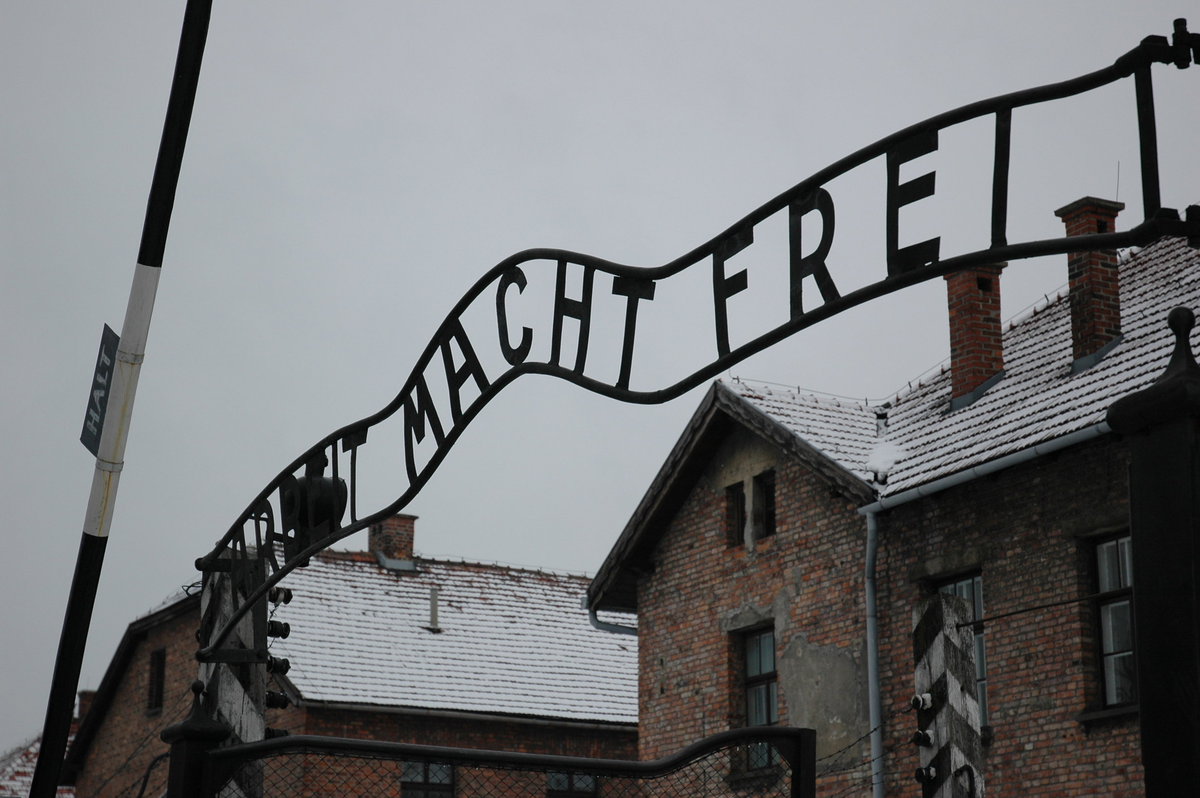The only Auschwitz survivor I knew well was my friend Claire Fiala. She died about 18 months ago; she was my neighbor, and I spent a couple of winters shoveling her walk, until, in the last two years of her life, she hired a guy to do it. She spent her 16th, 17th and 18th birthdays in Auschwitz.
Login to read more
Sign in or create a free account to access Subscriber-only content.
